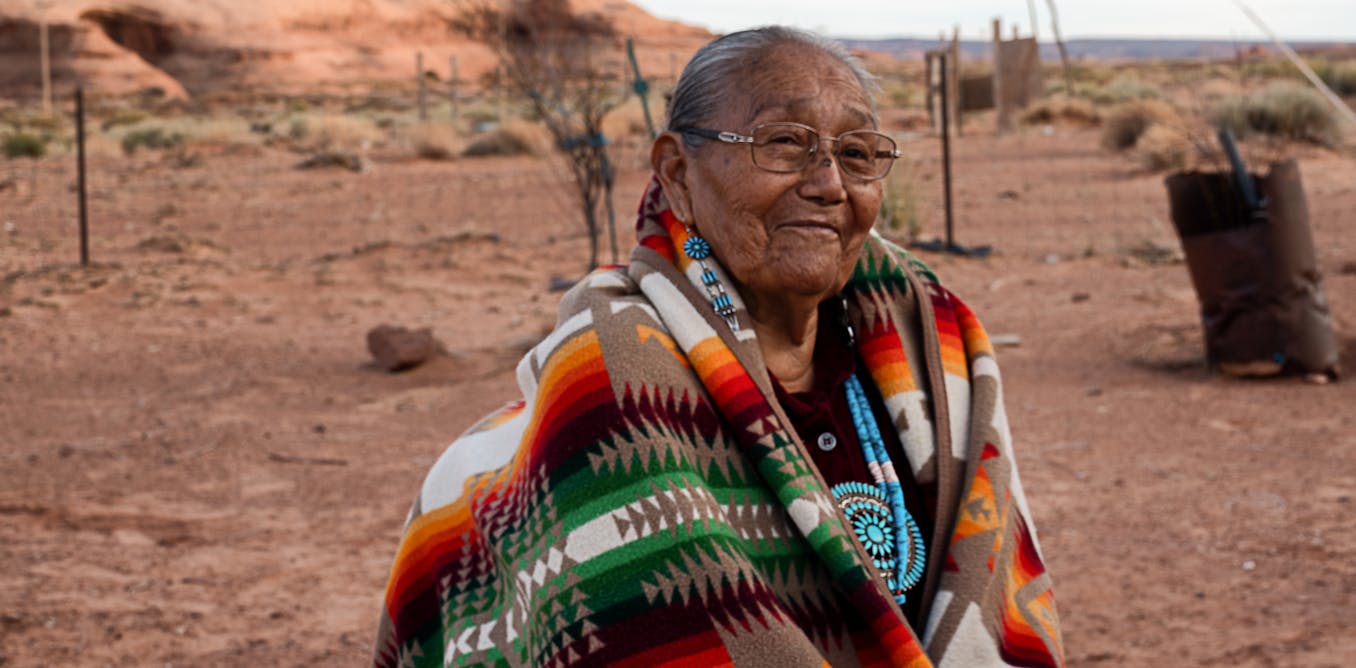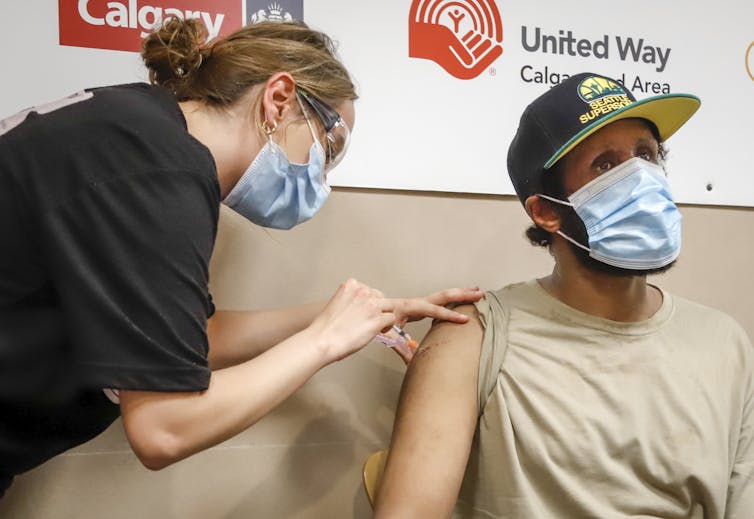Income inequality and COVID-19: We are in the same storm, but not in the same boat
How two Canadian teams of economists and epidemiologists studied COVID-19 from a social science perspective to show that higher national income inequality is associated with worse COVID outcomes.
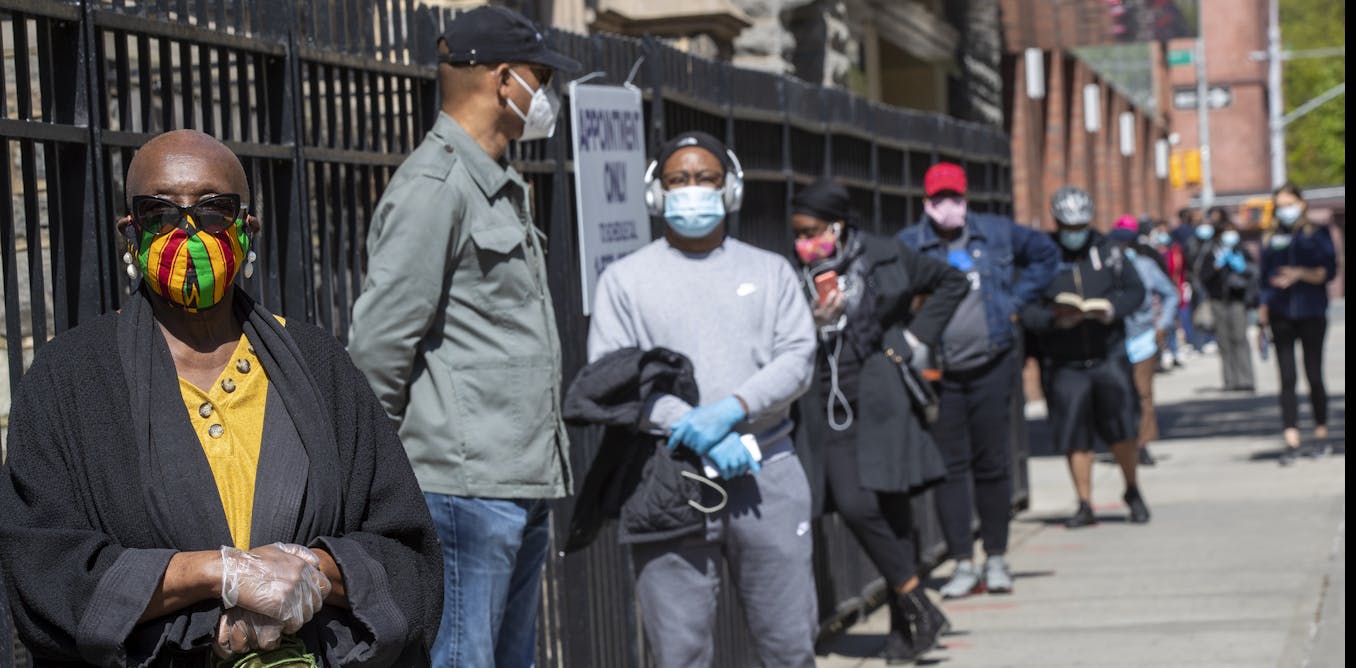
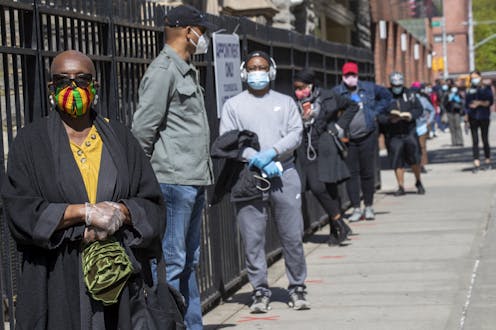
By now, many are aware that the pandemic has affected lower-income groups the most within countries, including in Canada. But what most do not know is that income inequality — the economic distance between higher and lower-income groups within individual countries — is also driving national COVID-19 infection and death rates.
The specific impacts are only just becoming clear. As researchers in economics and epidemiology, we are interested in how economic inequality has impacted COVID-19 outcomes. The pandemic has given researchers like us a unique opportunity to study the relationship between inequality and health across various countries.
Working independently to study the pre-vaccine phase of the pandemic, our teams approached the research question from different perspectives. We brought together economists who are concerned with the analysis and economic impact of income inequality, and epidemiologists who study how social factors influence health.
Taking into account pre-pandemic inequality and other structural variables, we found that higher income inequality was associated with worse COVID-19 outcomes within countries.
Studies show link between inequality and COVID-19
The first study, conducted by Edgardo Sepulveda of Ryerson University and Ann-Sylvia Brooker of the University Health Network in Toronto, an economics-epidemiology team, focused on 22 high-income countries that are members of the Organisation for Economic Co-operation and Development (OECD), an intergovernmental economic organization. Given that age is one of the most significant COVID-19 risk factors, their analysis broke the population into four age groups: 15–44, 45–64, 65–79 and above 80 years. They accounted for economic and other known risk factors, such as national poverty and the number of residents in long-term care homes in each country.
They found that higher income inequality in a country was associated with more COVID-19 deaths across all age groups. There are a number of possible explanations for this association, such as a larger proportion of the population being more at risk. This may be due to higher exposure, more comorbidities or poorer access to treatment.
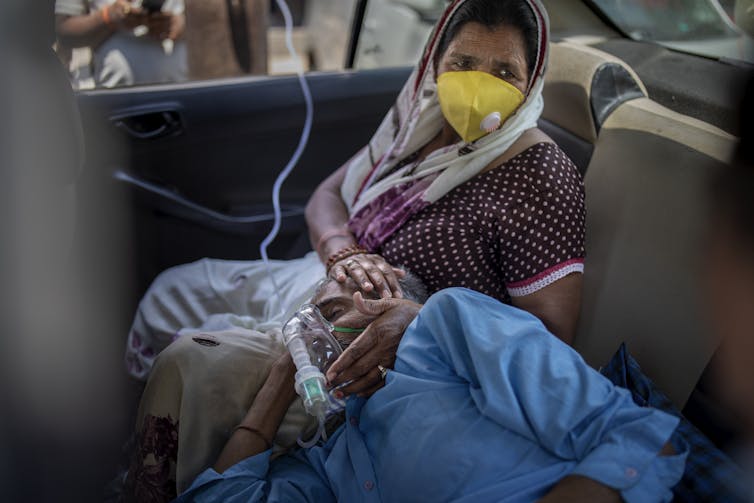
The second study, conducted by James Davies of Wester University, looked at COVID-19 severity in 127 high-, medium- and low-income countries. Taking into account a number of variables — including national poverty, geography, the number of hospital beds and the level of democracy — he found a strong association of COVID-19 cases, deaths and inequality.
For example, during the first wave of the pandemic, the U.S. had 60 per cent more deaths and 150 per cent more cases per capita than Canada. Davies estimates that one third of these gaps could be explained by higher U.S. inequality.
But Canada should not be smug. There are 20 OECD countries with lower inequality than Canada, meaning that there are 20 countries who are dealing with inequality better than Canada is. Davies’ results suggest that if Canada’s income inequality gap was smaller, it could have had 34 per cent fewer COVID-19 cases in the first wave.
Inequality has widespread effects
Not only is inequality within countries socially and economically undesirable and politically corrosive, but it is also wasteful. Reducing inequality can increase the overall welfare in society. While it’s true that too much redistribution can potentially reduce the size of any future “economic pie,” it is unlikely that Canada, and most other OECD countries, are close to reaching that point.
It’s clear that inequality has a negative effect on health, and has worsened the severity of the ongoing pandemic. Lower-income groups within OECD countries, including in Canada, tend to have lower vaccination rates.
Towards more economic equality
Looking only at the United States for comparison, some Canadians may think that ours is a relatively equal society, but it is not. We are just the middle of the pack — we can and should do better.
If Canada is truly interested in achieving greater equality, we need to focus on the systems and policies that exacerbate inequality, to improve our pre-distribution policies and our redistributive effort. We can increase investments in people, enrich our social programs and have a fairer tax system where the rich contribute more.
If such measures are taken, we can expect that both economic performance and public health would improve, and that more Canadians would be in the same boat and paddling in the same direction.
Ann-Sylvia Brooker is a health researcher in Toronto and co-authored this article.![]()
The authors do not work for, consult, own shares in or receive funding from any company or organisation that would benefit from this article, and have disclosed no relevant affiliations beyond their academic appointment.
What's Your Reaction?





































